US court orders Indian YouTuber served in copyright TRO case
Anuj Kumar allegedly published videos that infringe on copyrighted work.
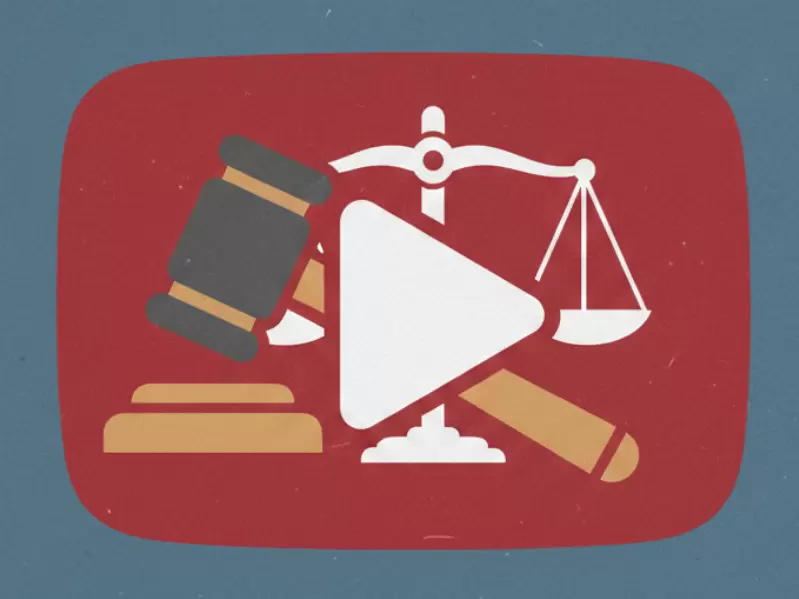 Representative image / AI generated
Representative image / AI generated
A federal judge in California has directed a pro se plaintiff to formally serve an Indian YouTuber with an application for a temporary restraining order (TRO) in a copyright dispute, ruling that the strict standards for granting such emergency relief without notice have not been met.
In an order issued on Nov. 24, Judge Haywood S. Gilliam, Jr. of the U.S. District Court for the Northern District of California said Plaintiff Nima Gharavi had failed to show “immediate and irreparable injury” that would justify issuing a TRO without giving Defendant Anuj Kumar an opportunity to respond.
Gharavi alleges that Kumar, who “operates two YouTube channels from India,” published videos that infringe on his copyrighted work. He states that YouTube has acknowledged receipt of his complaint and “the content at issue will not be reinstated while this litigation is in progress.”
The plaintiff further claims that Google disburses revenue from viewership of his copyrighted material “between the 21st and 26th day of each month,” arguing that the “recurring monthly nature of these disbursements makes immediate relief essential to prevent further dissipation.”
Gharavi also told the court that he emailed Kumar “the complete lawsuit package” on Oct. 19, 2025, but has “not given Defendant notice of this pending motion.”
The court noted that under federal rules, a TRO without written or oral notice may be issued only if specific facts “clearly show that immediate and irreparable injury, loss, or damage will result” before the opposing party can be heard, and if the movant certifies in writing the efforts made to give notice and why it should not be required.
Judge Gilliam said Gharavi had not met that burden. The plaintiff’s argument about monthly Google payments and the defendant’s “unwillingness to cooperate” did not justify bypassing notice, the court stated, especially since the alleged infringement occurred “almost two months ago, in early October 2025,” and the plaintiff “waited for over a month before filing this motion.”
The judge directed Gharavi to serve the TRO application and the court’s order on Kumar “via email at the six email addresses listed” in the application by 5:00 pm on Nov. 25, 2025. The plaintiff must also submit a declaration confirming service by 5:00 pm on Wednesday, Nov. 26, 2025.
If Kumar chooses to oppose the TRO request, he must file a response “no later than 5:00 p.m. on Dec. 8, 2025,” after which the motion will be considered submitted unless the court orders otherwise.
The order reiterates that temporary restraining orders are an “extraordinary remedy” granted only when the movant demonstrates a likelihood of success, a likelihood of irreparable harm, a balance of equities in favor, and that an injunction serves the public interest.
ADVERTISEMENT
ADVERTISEMENT
E Paper
Video



 Lalit K Jha (5WH)
Lalit K Jha (5WH).jpeg)




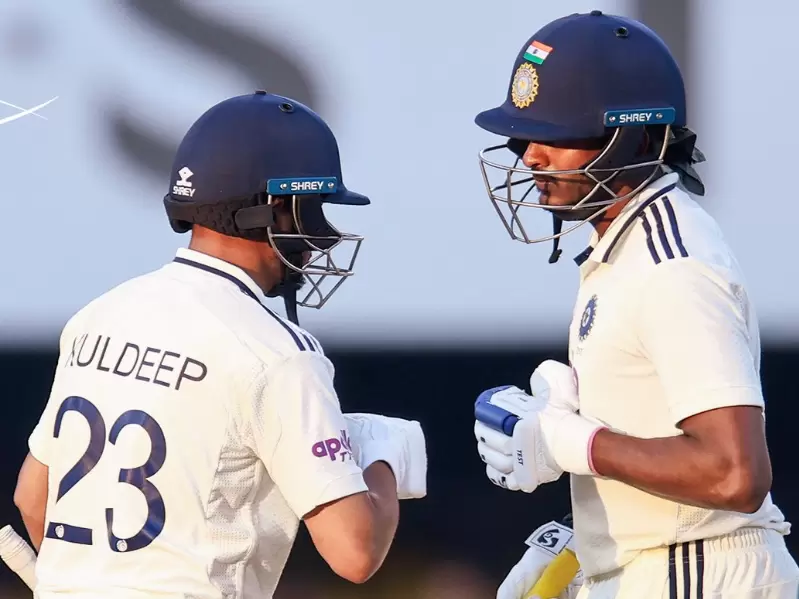

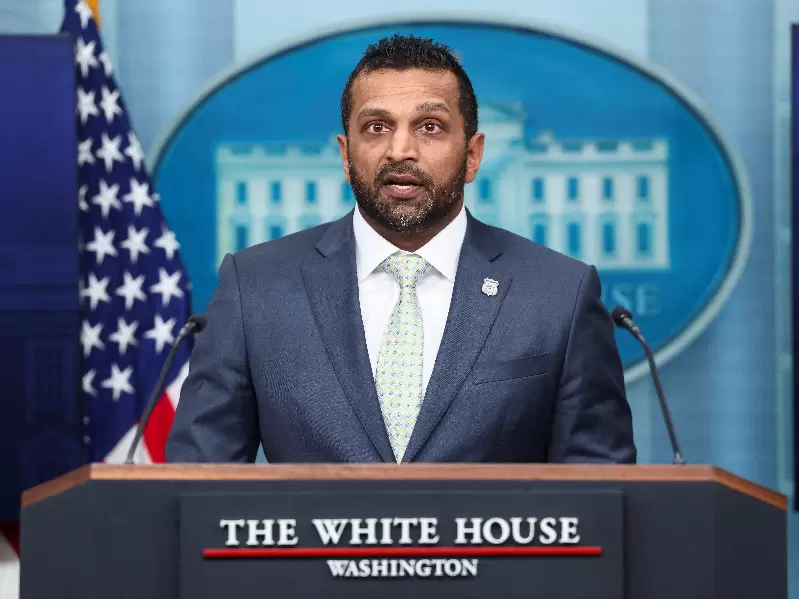
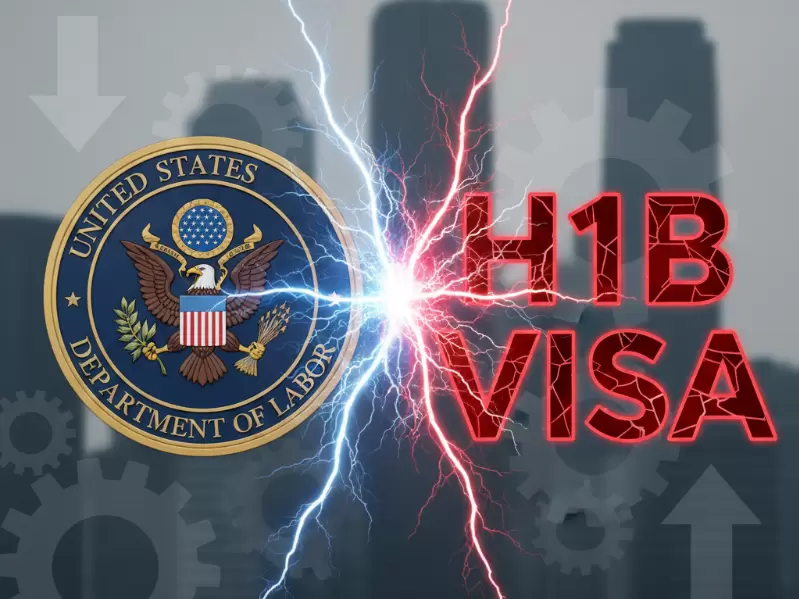

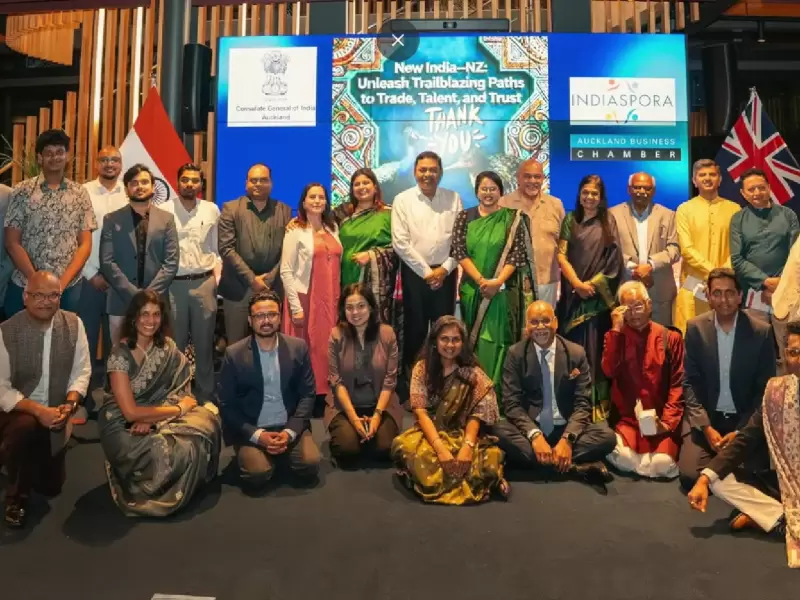

Comments
Start the conversation
Become a member of New India Abroad to start commenting.
Sign Up Now
Already have an account? Login